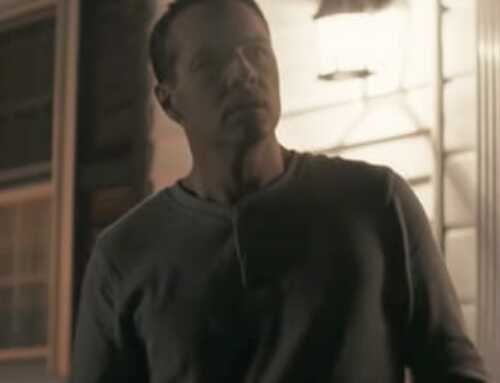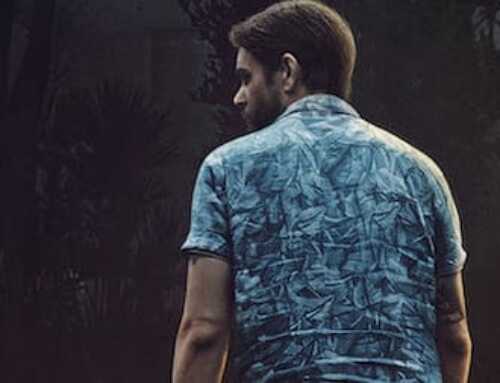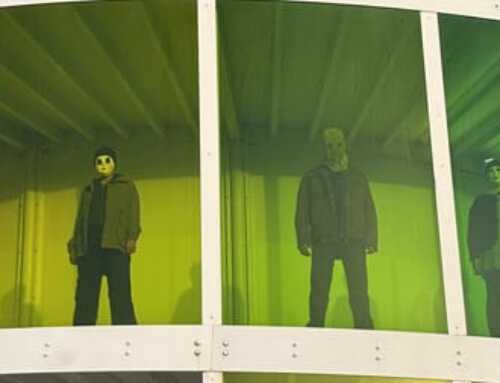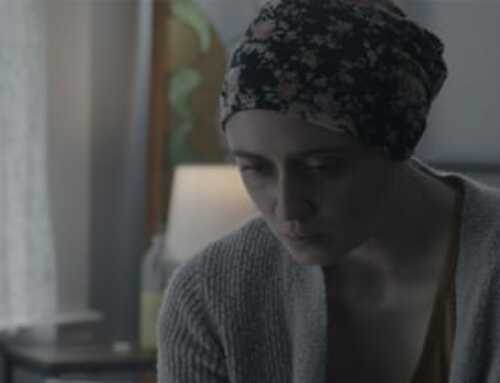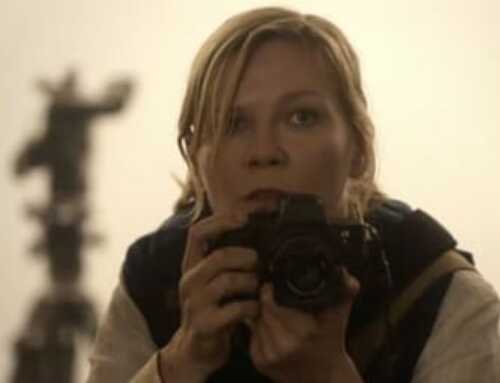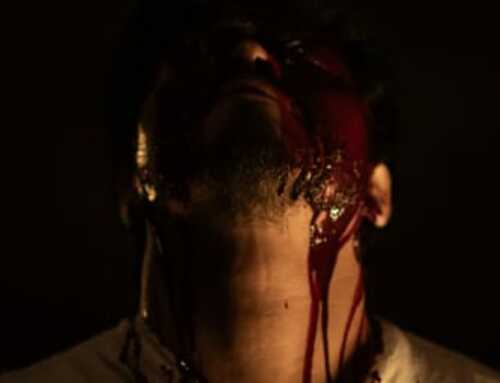For me, horror was a family affair. Well, more specifically, I should say it was a bond between father and son. I took weekly trips to the video store every Friday night with my dad. I remember running my fingers over the sleeves of the latest Friday the 13th, Puppet Master, or Nightmare on Elm Street installments. Sure, we rented plenty of those endless sequels and enjoyed watching Jason slash through forgettable camp counselors. But my dad was a lover of classic horror movies, the ones he recalled seeing when he was younger, including Psycho, Night of the Living Dead, and the Universal Monster movies, specifically Frankenstein (1931). Still, to this day, James Whale’s seminal film remains my favorite of the many Universal Monsters and what I consider my Horrific Origin because I remember seeing it with my dad. Horror, and the themes within Frankenstein, became even more important to me after he died of cancer when I was 20.
Whale’s film made alterations to Mary Shelley’s 19th Century novel but generally kept key ideas from the text. In the movie, Dr. Frankenstein (Colin Clive) brings a Monster (Boris Karloff) to life using a criminal’s brain and electricity. The Creature kills when he’s shunned by his maker and society at large. In Shelley’s novel, the Monster eventually becomes quite an articulate figure, not a lumbering, grunting giant. He challenges his creator on an intellectual level and quotes everything from the Bible, specifically the story of Adam cast out of paradise, to philosophy.
However, Karloff’s portrayal of the Monster is the one so ubiquitous in our pop culture, with the bolts on his neck, the sunken eyes, and the large forehead. He maintains the sympathy of Shelley’s initial creation, though. He’s the ultimate outsider, the freak shunned by society because of his looks. It should also be noted that Whale was an openly gay film director at a time when that just wasn’t a thing in Hollywood, so it makes sense why he felt drawn to this story.
So many scenes in that film still strike me. Who can forget the moment when Karloff, in Jack Pierce’s stellar make-up, turns to the camera, and it zooms in on that unforgettable face and those dead eyes? Likewise, I’m always struck by the moment when the Monster reaches towards the little bit of sunlight shining into the scientist’s shadowy castle, as he longs to see the outside world. It’s such an endearing moment that makes us empathize with him.
Most shocking, though, was the scene in which the Monster throws Maria (Marilyn Harris) into a lake and accidentally drowns her. It’s such a gut-wrenching and beautifully sad moment that’s so perfect. It captures the innocence of Shelley’s character and his longing for friendship. Here’s a little girl who doesn’t judge him based on how he looks, and instead, she just wants him to toss flower petals into the water with her. Of course, he doesn’t understand that she’s not going to float like the flowers. In pre-code Hollywood, this scene was edited and cut. It wasn’t fully restored until the 1980s when Universal discovered the lost footage and included it in subsequent releases of the film. Karloff hated the scene and argued with Whale about it.
Upon its release in 1931, the film garnered positive reviews. Writing for The New York Times, critic Mordaunt Hall said that the film “aroused so much excitement in the Mayfair yesterday that many in the audience laughed to cover their true feelings.” Variety called Karloff’s performance a “fascinating bit of mesmerism.” By June 1932, the film earned $1.4 million, and its success, coupled with Dracula’s, released that same year, launched the Universal Monsters universe. By 1953, with all its re-releases, Frankenstein earned $12 million.
Every fall, I teach a Horror Literature and Film class. Typically, my reading and movie list varies from year to year. However, Frankenstein remains the one constant. I teach both Shelley’s novel and Whale’s film. I keep it because Gothic literature is the roots of the horror genre, but I have such a personal connection to that story, of curling up on the couch next to my dad and slipping in that VHS tape. I still sympathize with the Monster, be it Karloff’s portrayal or Shelley’s creation. I still feel bad when the Monster is killed at the end of that film, well, at least until Whale and Karloff returned for Bride of Frankenstein (1935).
Yet, I think there’s another reason why Frankenstein is a story re-told and re-told and one that will always resonate. It’s a story about a man trying to exceed the laws of nature. In the novel, Victor Frankenstein says, “It was the secrets of heaven and earth that I desired to learn.” When he does that and brings his creation to life, he can’t control it. Nature can’t be contained. That became especially evident to me when my dad was diagnosed with throat cancer. It happened so fast, when I was a junior in college, home for winter break. I remember taking a long walk in the Pennsylvania January cold, trying to process everything that had happened. In the subsequent weeks, my dad remained at home, with a feeding tube attached to his body. He thinned. By mid-February, less than two months after his diagnosis, he died. I had learned then that even with all the medicines and the power of science, sometimes, we simply can’t prevent or stop nature’s will.
Frankenstein is also a story about friendship and connection. It’s what the Monster most longs for, and he only seeks vengeance after his creator and society at large spurns him. This story, specifically Whale’s film, resonated with me so much because of that connection with my dad. He’s responsible for my love of horror, my Horrific Origin. He’s the one who took me to the video store for weekly rentals or to flea markets to purchase my own tapes and start my horror collection at a young age. Every fall, I get to teach Frankenstein to a group of students. I share with them my personal connection to Shelley’s text and Whale’s film. I hope to pass on my love for the genre to them, just as my father did with me.
I think by now we’ve established Sunday is Horrific Origin day, so keep an eye out for next week’s edition when Jake covers queer horror. See you then!
| Horrific Origin – I Was A Monster Kid | ||
|
Frankenstein Official Trailer #1 - (1931) HD |
||
|
|
||






